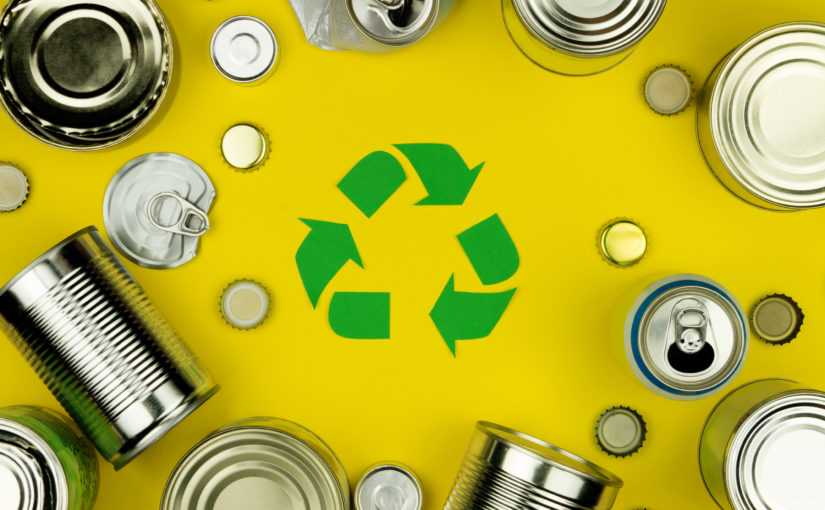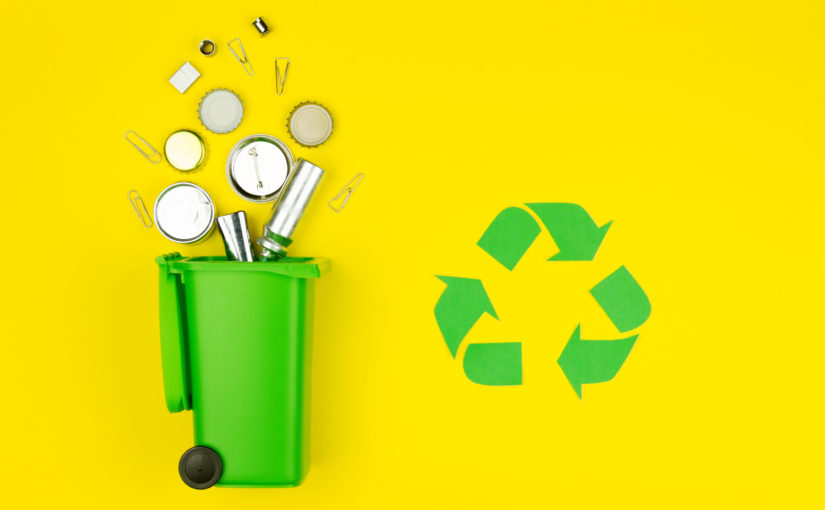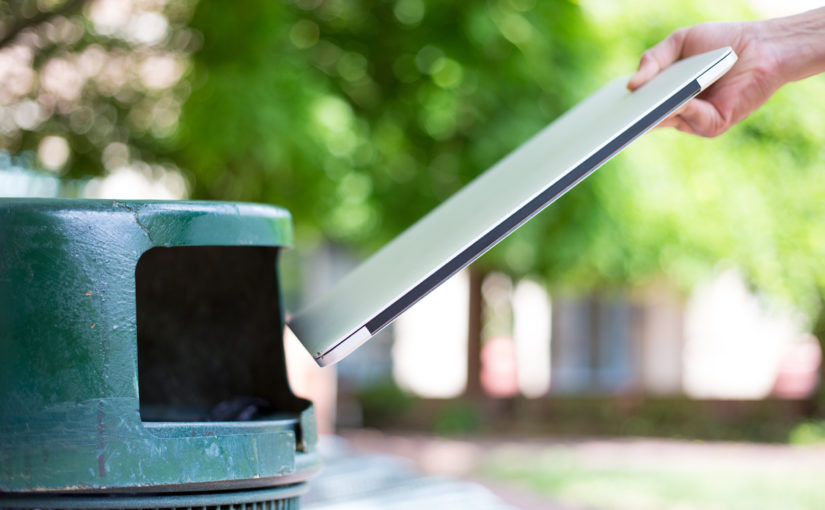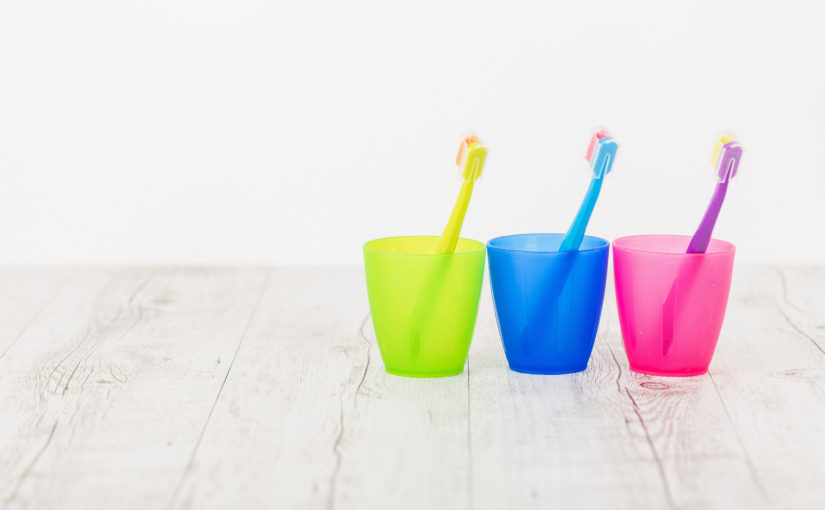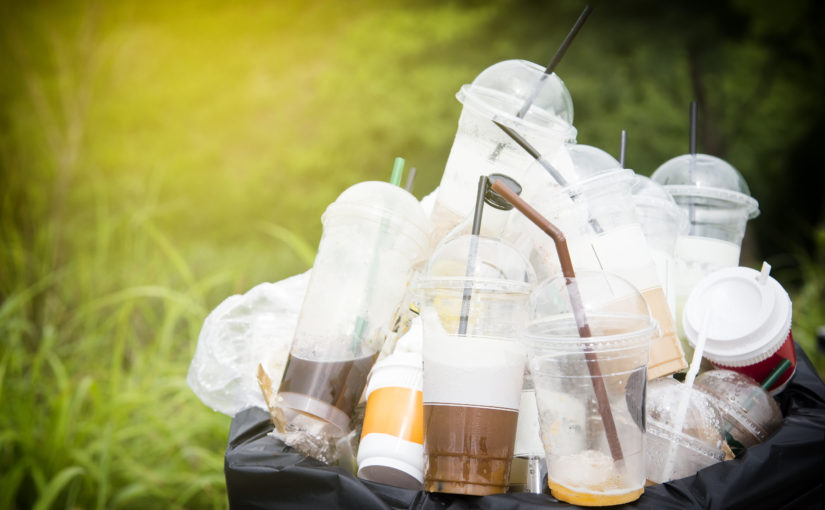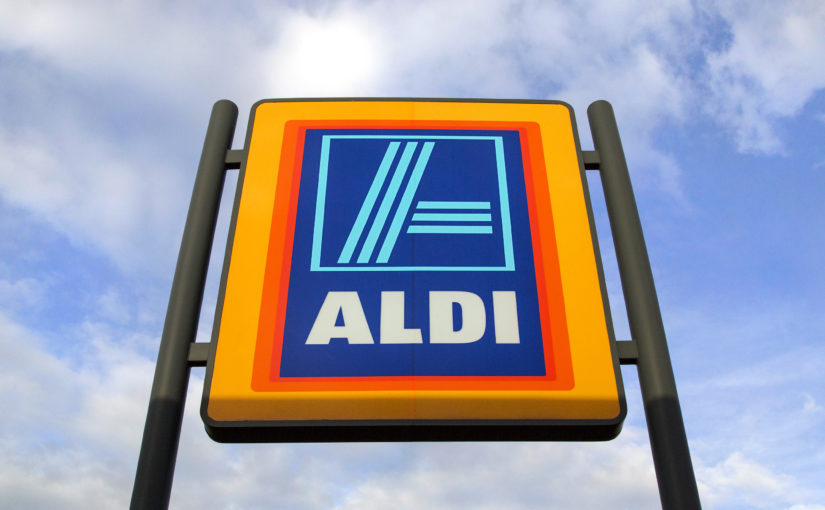We may live in a digital age, but the Royal Mail is still busy delivering letters and parcels across the country.
Whether we like it or not (and it tends to be a ‘not’ if it’s a brown envelope), we all receive post in one form or another.
Many of us receive junk mail through our letterboxes, alongside official letters about tax, voting, bills, and more.
Some of us are lucky enough to receive handwritten notes from family, friends, and pen-pals, too.
This mail builds up to a significant amount of waste, so we’ll explain how best to dispose of it in this blog post.
Continue reading How to recycle your mail
